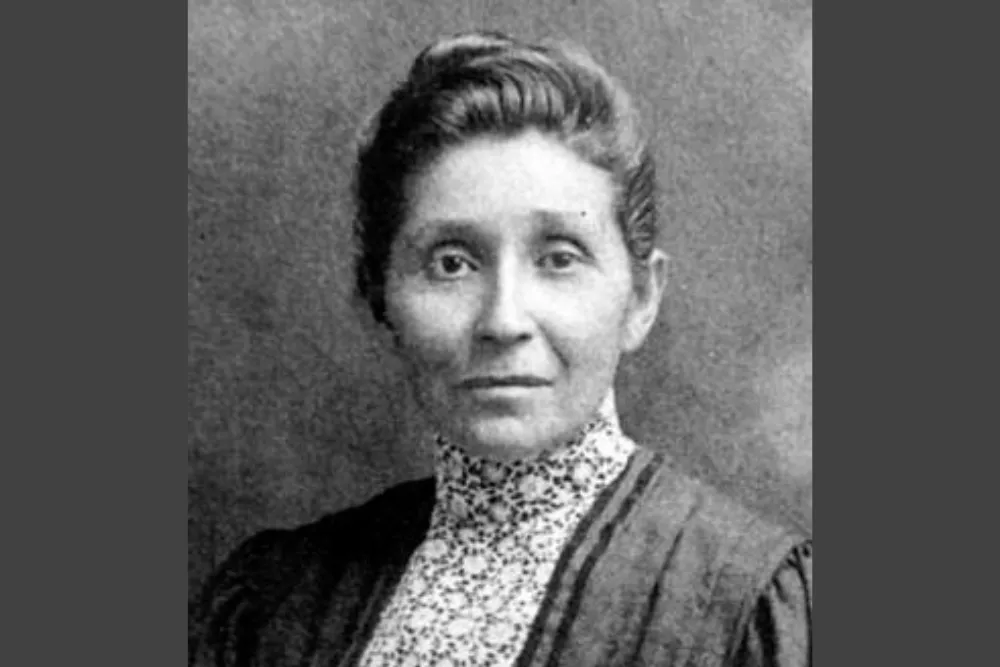What does it mean to be anti-racist?
Being anti-racist is a conscious and intentional decision to combat and dismantle racism, on a structural and individual level. It isn’t about not being racist, which is passive and doesn’t require action. Rather, being anti-racist requires a commitment to take action and create change, on an ongoing basis. And when doing the personal work of becoming anti-racist, you have to be willing to reflect, interrogate your own biases and assumptions, unlearn racist patterns and behaviors, receive feedback, and sit with uncomfortable feelings.1
This is all especially true for White people and White therapists, who must work to acknowledge their privilege, address their internalized racism, especially anti-Blackness, and challenge racism wherever they encounter it. However, no matter your race, it’s everyone’s responsibility to take an anti-racist approach to not only eating disorder treatment, but to life.
How systemic racism exists in eating disorder treatment programs
Psychology’s roots are largely racist, with its origins lying in the desire to prove White people superior to people of color. Many of these academics believed in eugenics, too, advocating for a limit on the number of children for people they deemed less fit. Serving in leadership positions like on university faculty or as journal editors, they were largely able to influence the profession.2 As recently as 2021, the American Psychological Association (APA) Council of Representatives apologized for its role in contributing to systemic racism and was “complicit in contributing to systemic inequities, and hurt many through racism, racial discrimination, and denigration of people of color.”2
Much like psychology, fatphobia, which is extremely harmful and a major barrier to treatment, also has racist origins dating back to the transatlantic slave trade. European colonists claimed moral superiority to Black people, who they claimed were prone to sexual excess and gluttony, causing them to be fat. Fatphobia persists today, causing significant trauma and psychological issues for people living in larger bodies, especially Black people who experience systemic anti-Blackness.
People of color are less likely to receive treatment for eating disorders.
When it comes to mental health care, including eating disorder treatment programs, people of color are less likely to receive treatment than White people. In 2015, nearly half of White adults received the psychiatric care they needed while only 31% of Latinx and Black adults received care.3
And when people of color do receive mental health treatment, they tend to receive lower quality of care than White patients.4
Eating disorder treatment programs are not exempt from these racial inequities. They have historically been a site of racism, especially anti-Blackness, creating a hostile and unsafe recovery environment for BIPOC patients. Often, visuals created for programs, such as articles, the website, and blog posts, depict thin White girls and women, which may cause Black people and other people of color to feel like they aren’t welcome. And many treatment professionals are not culturally competent and anti-racist, which may cause Black patients to feel uncomfortable working with White therapists or non-Black professionals.
Learning to actively practice anti-racism as an eating disorder therapist
As a therapist or eating disorder clinician, it’s your responsibility to take the necessary steps to practice anti-racism and create a safer, culturally-response, and inclusive space for Black patients. Here are some tips on how to practice anti-racism:
- Check your privilege—accept and acknowledge that our society awards White people privileges over people of color
- Educate yourself on the history of racism in our country and beyond
- Watch TV shows, movies, and documentaries that will challenge your ideas about race
- Become involved in local anti-racism efforts, preferably led by Black folks, and listen, listen, listen
- Become trained in providing trauma-informed care specific to the Black community
- Use inclusive imagery and messaging for your treatment program
- Be mindful of countertransference and how it is influencing your bias when treating Black patients
- Avoid growing defensive if a Black patient requests a Black therapist
- Understand how racial and ethnic identity can affect the therapeutic alliance
- Understand and embrace the idea that saying or doing something racist doesn’t make you a “bad” person
- Be open to correction and feedback from Black patients
- Work towards cultural competence, which is an ongoing practice
- Support BIPOC people interested in working in the eating disorder treatment field
It’s important to remember that becoming an anti-racist is a learning process and ongoing journey that never ends. The more you learn and work at dismantling systemic racism in the eating disorder field, challenging your own biases, interrogating your prejudices, and making your practice a safe and inclusive place, the more marginalized patients you will be able to help recover and the more meaningful change you can create.












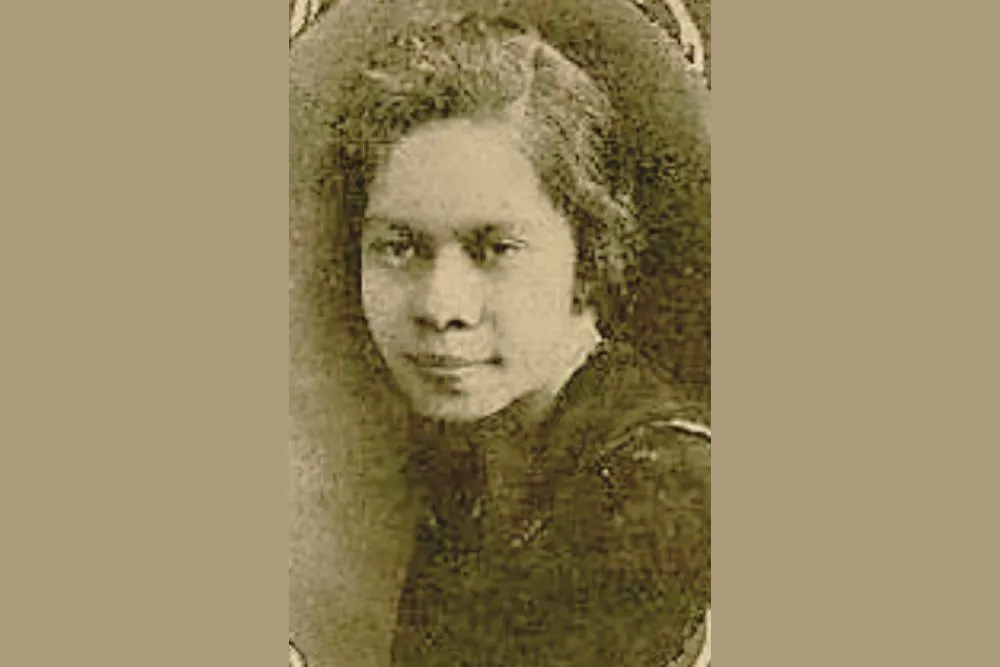

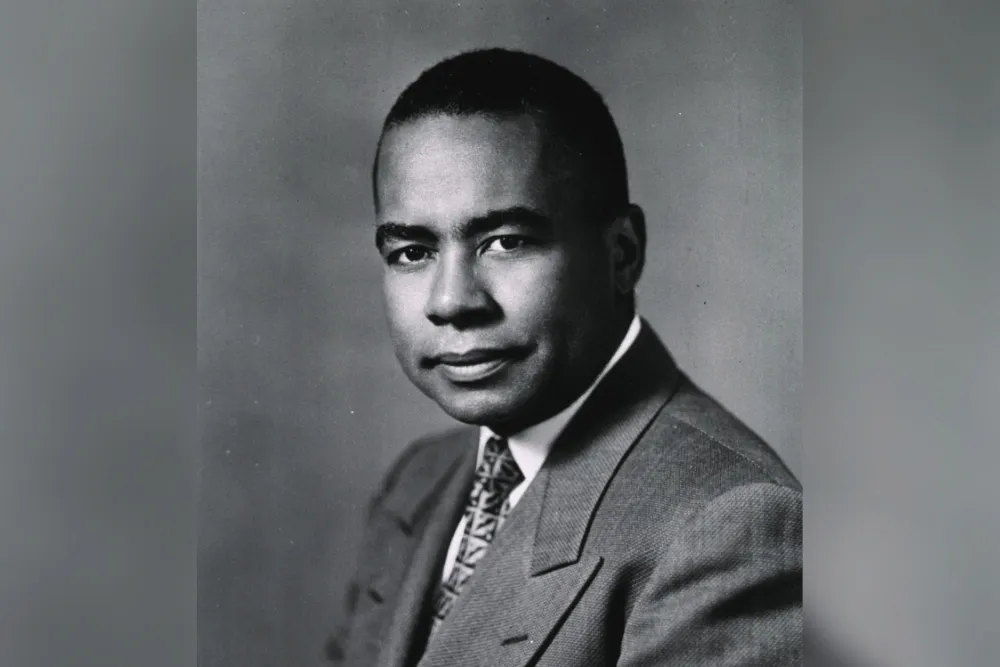


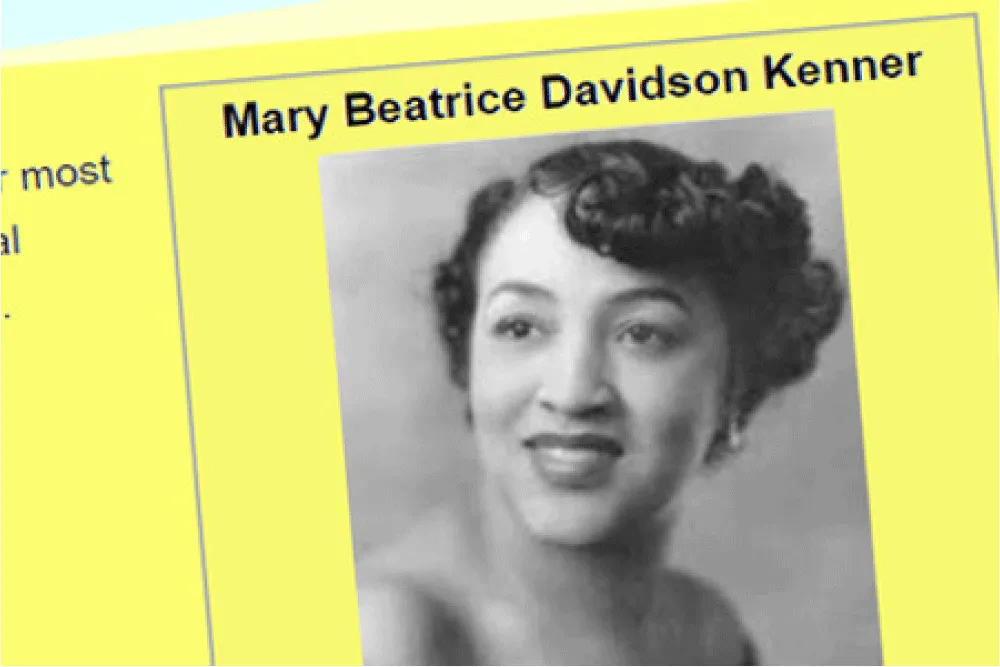
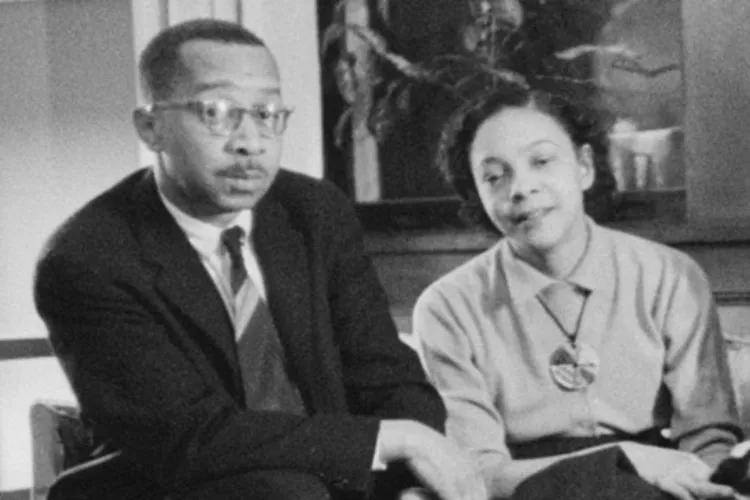

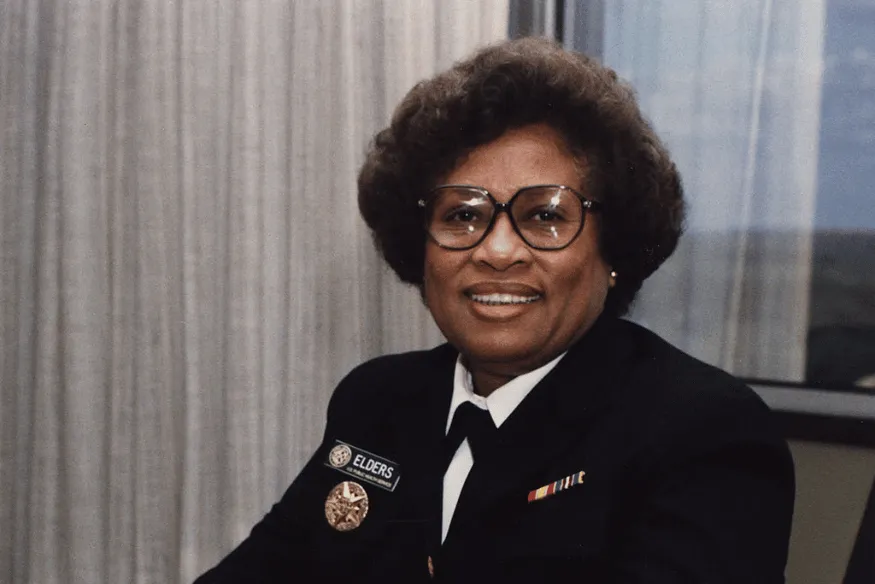
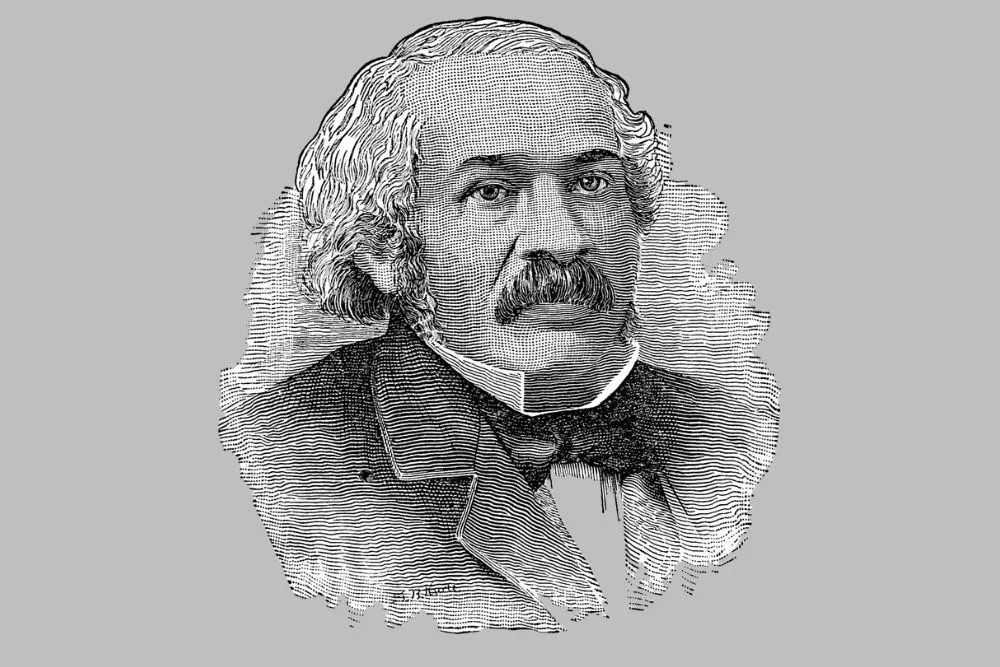




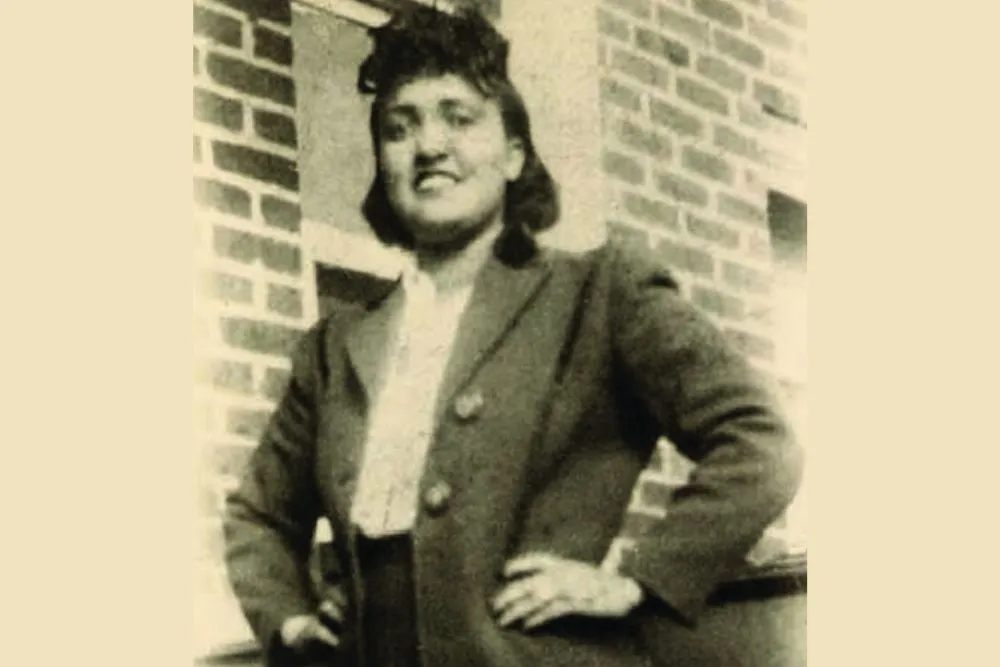

.webp)


